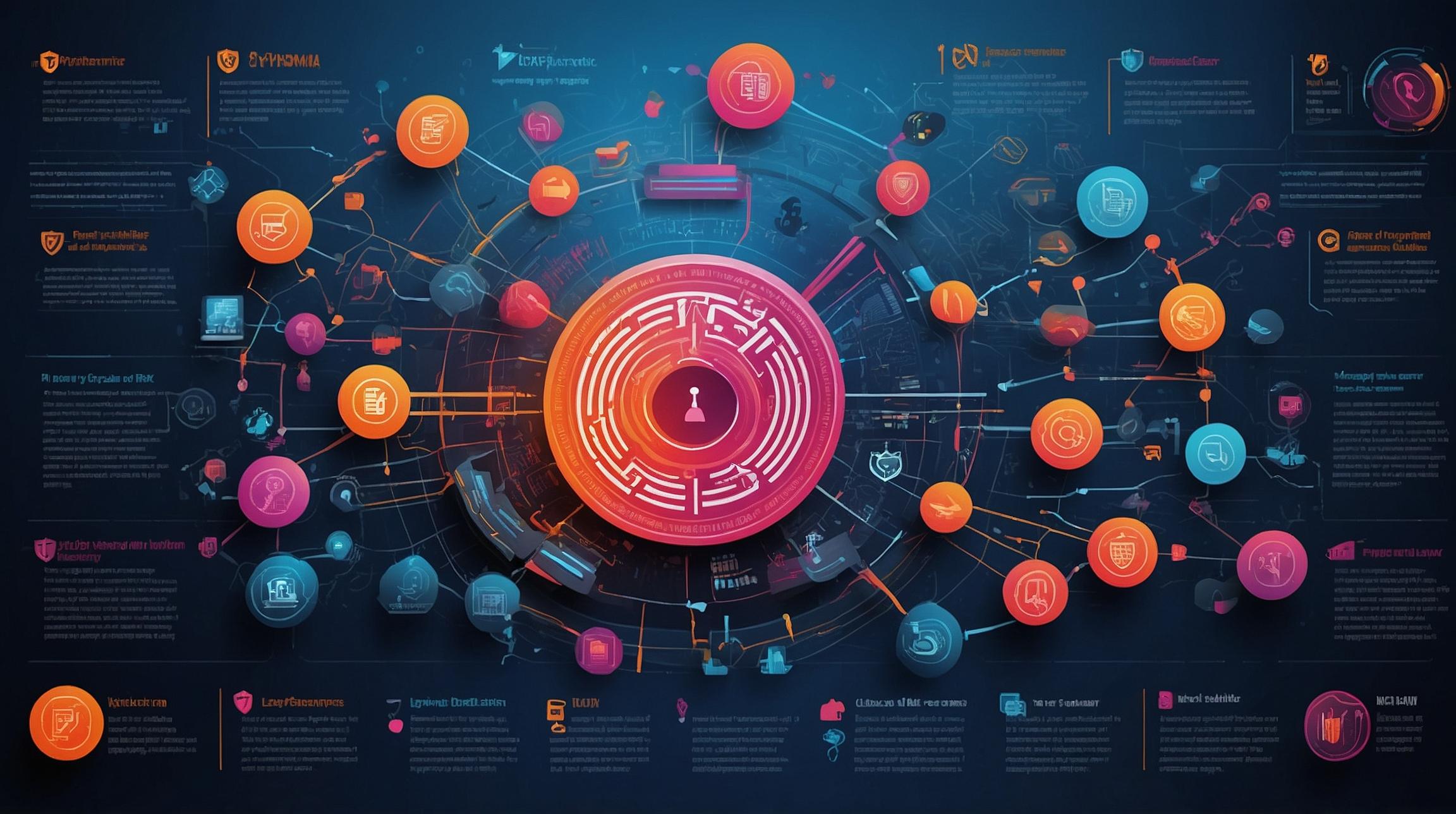South Korea Reviews Export of High-Resolution Map Data by Google and Apple
South Korea is approaching a critical decision on whether to permit Google and Apple to export high-resolution geographic map data to servers located outside its borders. The proposed maps, with a detailed 1:5,000 scale, would provide significantly enhanced views of streets, buildings, and alleyways compared to existing offerings on these platforms. However, the approval process remains complicated by unresolved regulatory and national security concerns, prompting multiple delays in the government’s decision timeline.Regulatory and Security Concerns Stall Progress
Earlier this month, South Korea’s National Assembly Defense Committee conducted a parliamentary audit of Google Korea, focusing on the company’s requests for detailed local map data. Lawmakers expressed apprehension over the potential exposure of sensitive military sites and broader implications for digital sovereignty.“Google’s satellite maps could jeopardize national security by revealing sensitive military installations when combined with commercial imagery and online data,” warned a senior policymaker. The official called for enhanced government authority to monitor and regulate the export of high-resolution geographic information.
Contents
South Korea Reviews Export of High-Resolution Map Data by Google and AppleRegulatory and Security Concerns Stall ProgressHistorical Context of Map Data RestrictionsApple’s Parallel Request and Local Server AdvantageStrategic Implications for South Korea and Tech GiantsLegal Framework Governing Geospatial DataFinOracleAI — Market View
Historical Context of Map Data Restrictions
Google first sought permission from the Korean National Geographic Information Institute in February to use 1:5,000 scale maps and export the data abroad. Currently, Google operates with less detailed 1:25,000 scale maps, while domestic navigation apps such as Naver Map, T Map, and Kakao Map utilize more detailed 1:5,000 scale data, offering them a competitive edge. Previous requests by Google in 2011 and 2016 were denied due to security concerns. Authorities stipulated that approval would require Google to open a local data center and mask sensitive sites, conditions the company declined. Following the recent August rejection, Google reportedly agreed to blur sensitive security sites on Google Maps and Google Earth and is exploring partnerships with local satellite data providers like T Map to comply with government requirements.Apple’s Parallel Request and Local Server Advantage
Apple has also sought permission to export high-resolution map data at a 1:5,000 scale, submitting its initial request in 2023 and a follow-up in June 2025 after the first was denied. Unlike Google, Apple operates local servers in South Korea, a factor the government considers favorably due to quicker responsiveness to security concerns. Reports suggest Apple is more amenable to government-imposed restrictions, including blurring or reducing the resolution of sensitive sites. The company is expected to rely on SK Telecom’s T Map as a primary source for base map data. South Korea postponed the decision on Apple’s application last month, extending the review into December.Strategic Implications for South Korea and Tech Giants
Google and Apple aim to enhance their map platforms with detailed building footprints, alleyways, and street-level data to improve navigation and support emerging technologies such as autonomous vehicles and drone deliveries. For South Korea, permitting export of this high-resolution data could stimulate tourism, support local businesses, and accelerate smart city initiatives. It also provides the government with leverage to enforce security measures. However, critics argue that the benefits may disproportionately favor U.S. technology companies rather than domestic users. Globally, Google Maps covers 250 countries and territories, whereas Apple Maps is available in just over 200 regions, highlighting Google’s broader reach.Legal Framework Governing Geospatial Data
South Korea’s Geospatial Information Management Act, enacted in 2014, prohibits the export of government survey data, including maps and satellite imagery, without Cabinet approval. This legislation underpins the country’s stringent control over geospatial information. Similar concerns about mapping data have arisen globally: Israel requested Google disable real-time traffic data during conflicts, and European regulators have previously challenged Google over privacy issues related to Street View imagery.FinOracleAI — Market View
South Korea’s deliberations over high-resolution map data exports highlight the complex balance between national security and technological advancement. Approval could unlock significant commercial opportunities for Google and Apple, enabling enhanced navigation services and new applications such as autonomous transport.- Opportunities: Expansion of advanced mapping technology supporting smart cities, tourism, and local business growth.
- Risks: Exposure of sensitive military sites compromising national security; potential backlash over digital sovereignty.
- Regulatory Impact: Sets precedent for stringent data localization and monitoring, influencing future tech sector investments.
- Competitive Dynamics: Apple’s local server operations may give it a regulatory edge over Google.
- Market Positioning: Approval could strengthen Google’s dominant global mapping footprint and Apple’s regional presence.













